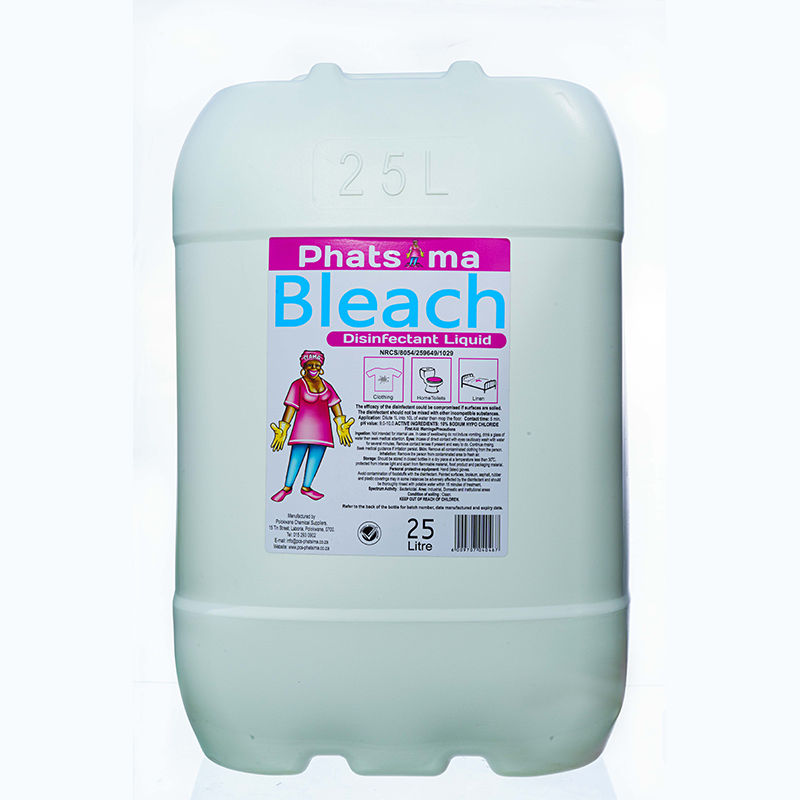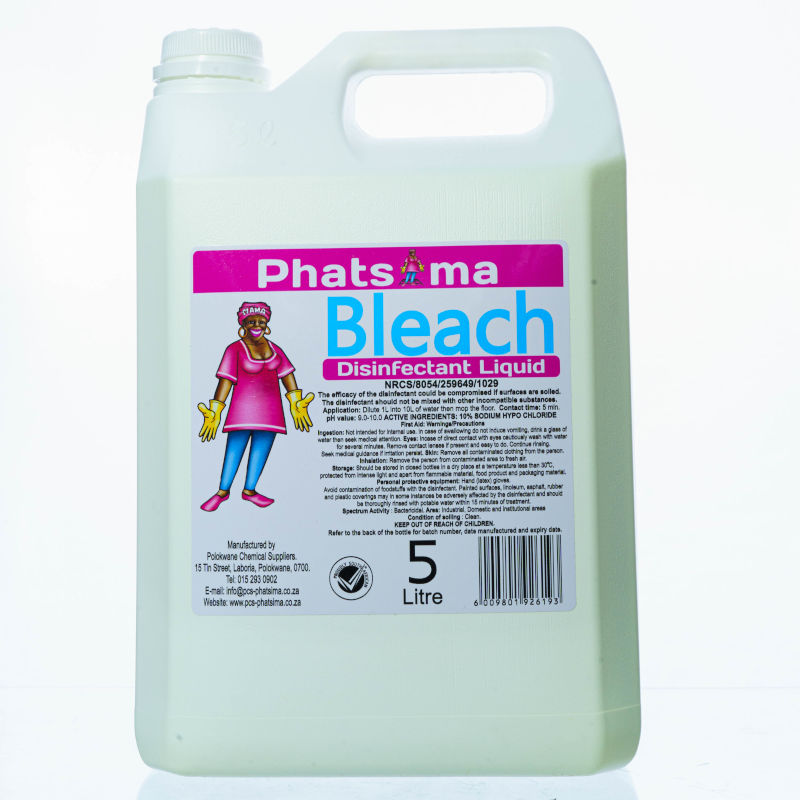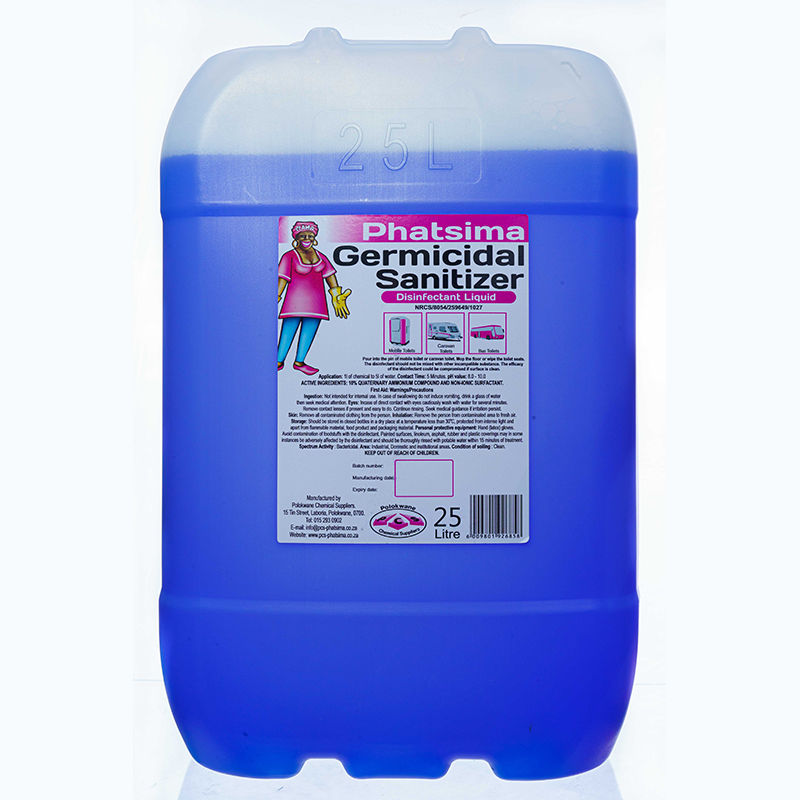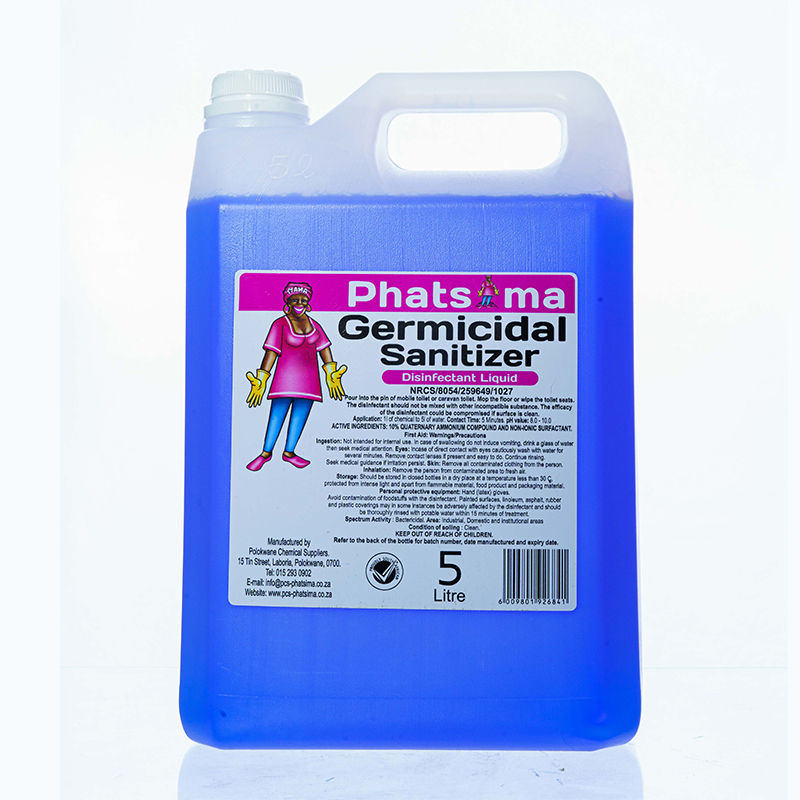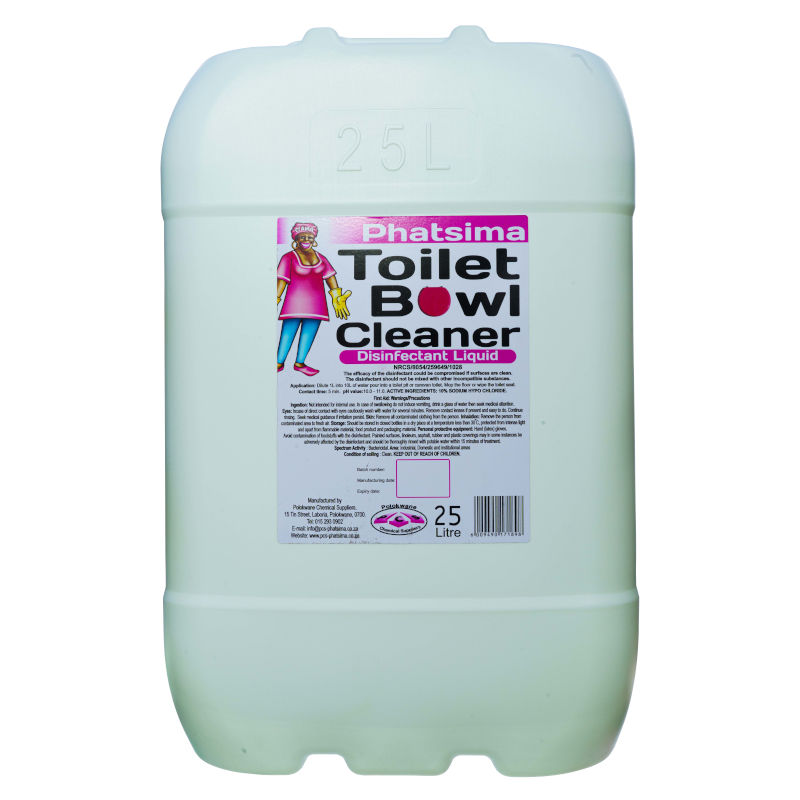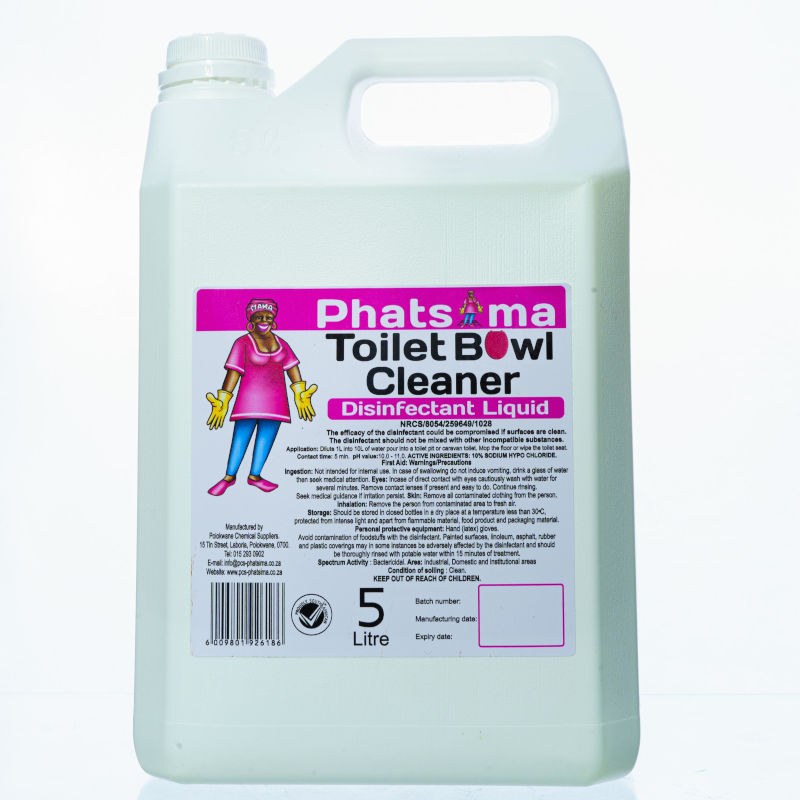Disinfectants
Disinfectants are chemical substances designed to kill or inhibit the growth of microorganisms on surfaces or in liquids. They are commonly used in households, healthcare facilities, and industries to prevent the spread of infectious diseases.
Disinfectants work by destroying the cell walls, proteins, or other vital components of microorganisms, rendering them inactive.
- Disinfectant Sprays: These are convenient for quickly disinfecting large surfaces such as countertops, sinks, and doorknobs. They typically contain active ingredients such as quaternary ammonium compounds (quats), alcohol, or hydrogen peroxide.
- Disinfectant Wipes: Pre-moistened wipes are convenient for wiping down smaller surfaces such as electronics, remote controls, and kitchen appliances. They often contain similar active ingredients as disinfectant sprays.
- Disinfectant Cleaners: These are multi-purpose cleaners that not only clean but also disinfect surfaces. They are suitable for routine cleaning of floors, tiles, and other hard surfaces. Disinfectant cleaners may contain a variety of active ingredients such as chlorine compounds, quats, or phenolic compounds.
- Bleach: Sodium hypochlorite, commonly known as bleach, is a potent disinfectant effective against a broad spectrum of microorganisms. It can be diluted with water and used to disinfect surfaces, floors, and laundry.
- Hydrogen Peroxide Cleaners: Hydrogen peroxide-based cleaners are effective against bacteria, viruses, and fungi. They are often used in bathrooms and kitchens for disinfecting surfaces.
- Antibacterial Soaps: These soaps contain antibacterial agents such as triclosan or triclocarban, which help kill bacteria during handwashing. However, their long-term use may contribute to bacterial resistance and are generally not recommended over regular soap and water.
Showing all 6 results

